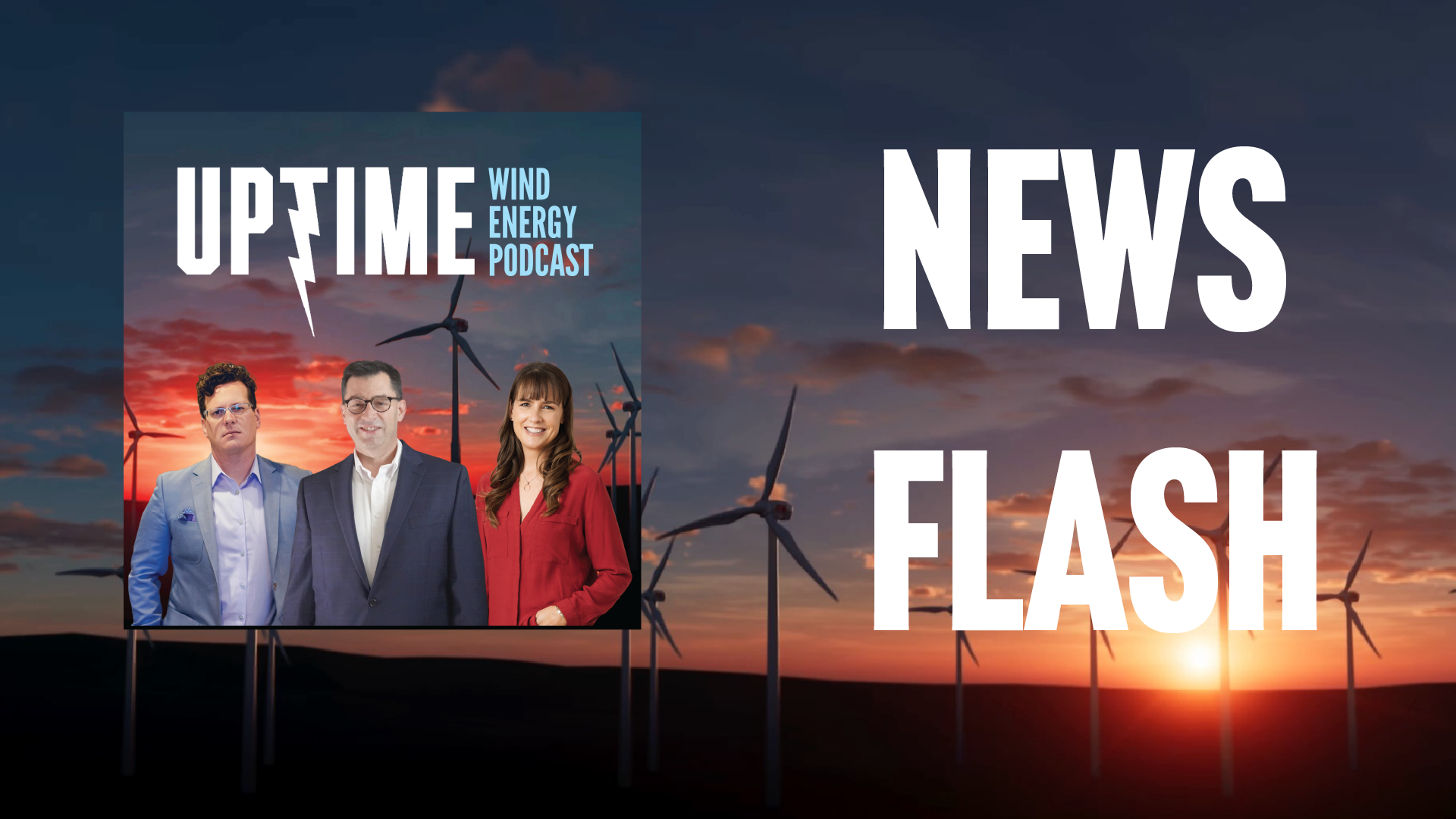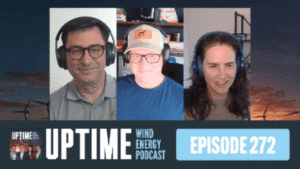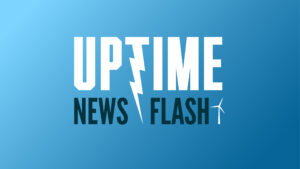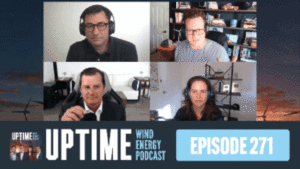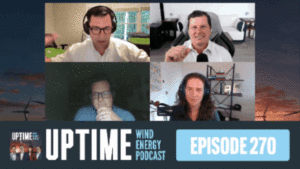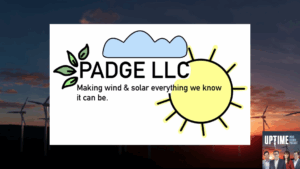Podcast: Play in new window | Download
First up, Ørsted harnesses a windfall, scoring a cool €450 million by harnessing offshore assets to powerhouse Glennmont Partners. But they aren’t the only ones making waves–India’s Adani Group storms the market with 200-meter tall turbines packing a 5.2 MW punch. Not one to be outdone, the UK and Germany seal a clean energy pact, connecting their power grids and blowing open opportunities for offshore and carbon capture projects.
Sign up now for Uptime Tech News, our weekly email update on all things wind technology. This episode is sponsored by Weather Guard Lightning Tech. Learn more about Weather Guard’s StrikeTape Wind Turbine LPS retrofit. Follow the show on Facebook, YouTube, Twitter, Linkedin and visit Weather Guard on the web. And subscribe to Rosemary Barnes’ YouTube channel here. Have a question we can answer on the show? Email us!
Pardalote Consulting – https://www.pardaloteconsulting.com
Weather Guard Lightning Tech – www.weatherguardwind.com
Intelstor – https://www.intelstor.com
News Flash 11-13-23
Allen Hall: I’m Allen Hall, president of Weather Guard Lightning Tech, and I’m here with the founder and CEO of IntelStor, Phil Totaro, and the chief commercial officer of Weather Guard, Joel Saxum, and this is your News Flash. News Flash is brought to you by our friends at IntelStor. If you need actionable information about renewable projects or technologies, check out IntelStor at www.intelstor.Com.
Ørsted has signed an agreement to divest 50 percent of the Gode Wind 3 offshore wind farm in the German North Sea, to Glennmont Partners of all groups. The value of the Gode Wind 3 transaction is roughly 450 million euros. Gode Wind 3 has a capacity of 250 megawatts, and Ørsted has been working on it since roughly 2017, 2018.
Phil, this is well needed cash for Ørsted to help cover some of the OceanWind 1 and 2.
Philip Totaro: It does do that. So this deal is, a normal, probably planned asset rotation, and certainly Glennmont’s been, buying up, stakes in, renewable energy assets all over the world, particularly in Europe.
So they like things that are profitable, and, this project is. So they’re, they’re diving in at a good time. And as you mentioned, the cash does come in handy these days, when you’re talking about, $530 million in write offs in Q3 and, many billions of dollars worth of impairments, which is revenue that they’re probably not gonna recognize at this point.
So that’s, how that works. yeah, the cash comes in handy.
Joel Saxum: Yeah, I think something to be noticed here is that, this is, this is normal rotation stuff for, capital assets. So people are divesting, reinvesting, taking capital, paying off bank loans, going and using that capital to invest in other places.
It’s, a normal rotation, like Phil said.
Allen Hall: Adani Wind, which is part of the Adani Group, has started production of India’s tallest wind turbines. A spokesperson of the Adani Group said that the new wind turbine has a maximum generation capacity of 5. 2 megawatts and a rotor diameter of 160 meters, with a tower height of 120 meters.
So this is a pretty big wind turbine. The Adani Group has received orders for 54 turbines at this point. Phil, there’s a new entry into the Indian wind market.
Philip Totaro: It is, and it’s based on technology that was developed by Wind2Energy, W2E, in Rostock, Germany. They’re a very well known and reputable company that’s been around for a while.
This is, a solid design that’s now received type certification as well. And they’re gonna be able to use it for, the Indian market and the Sri Lankan market, and they certainly have, designs on wanting to be able to export it to other countries.
Joel Saxum: I think it’s interesting that they went straight into the market with a 5.2 megawatt machine. Not even trying to cut their teeth on something small at all, they just said, you know what, screw it, go for the 5. 2.
Allen Hall: UK and Germany signed a new clean energy partnership last week to cooperate on offshore wind, electricity connections, and carbon capture. The partnership aims to accelerate deployment of offshore hybrid projects combining transmission and offshore wind. The countries will also share expertise on carbon capture, utilization and storage.
Including a cross border CO2 transport scheme. Phil, this is going to become the norm where countries in Europe are going to become connected electrically and evidently on some other technologies.
Philip Totaro: Indeed. And when you’ve seen some of the issues that they’ve had with, gas pipelines that are, carrying Russian gas being attacked, we had one in, the North Sea, I believe, just recently.
Between, connector between Finland and Estonia. And there’s, been, concerns obviously since, the Russian Federation invaded Ukraine, formally this time, back in February, 2022. And so ever since then, energy security has been a huge issue. And this is another step in the right direction for these countries to get more grid interconnections going. Which is going to be important, and provide more stability and security moving forward.
Joel Saxum: Yeah, one of the things we talk about, regularly on the show is transmission. Transmission is these interconnects, right? When you have wind resources that are not co located, right? The wind, blows differently near the mainland of the UK versus onshore or offshore and say in the Baltic Sea or whatnot for Germany. They’re able to share then power generation at the same time. So this helps out both countries massively as they grow.



